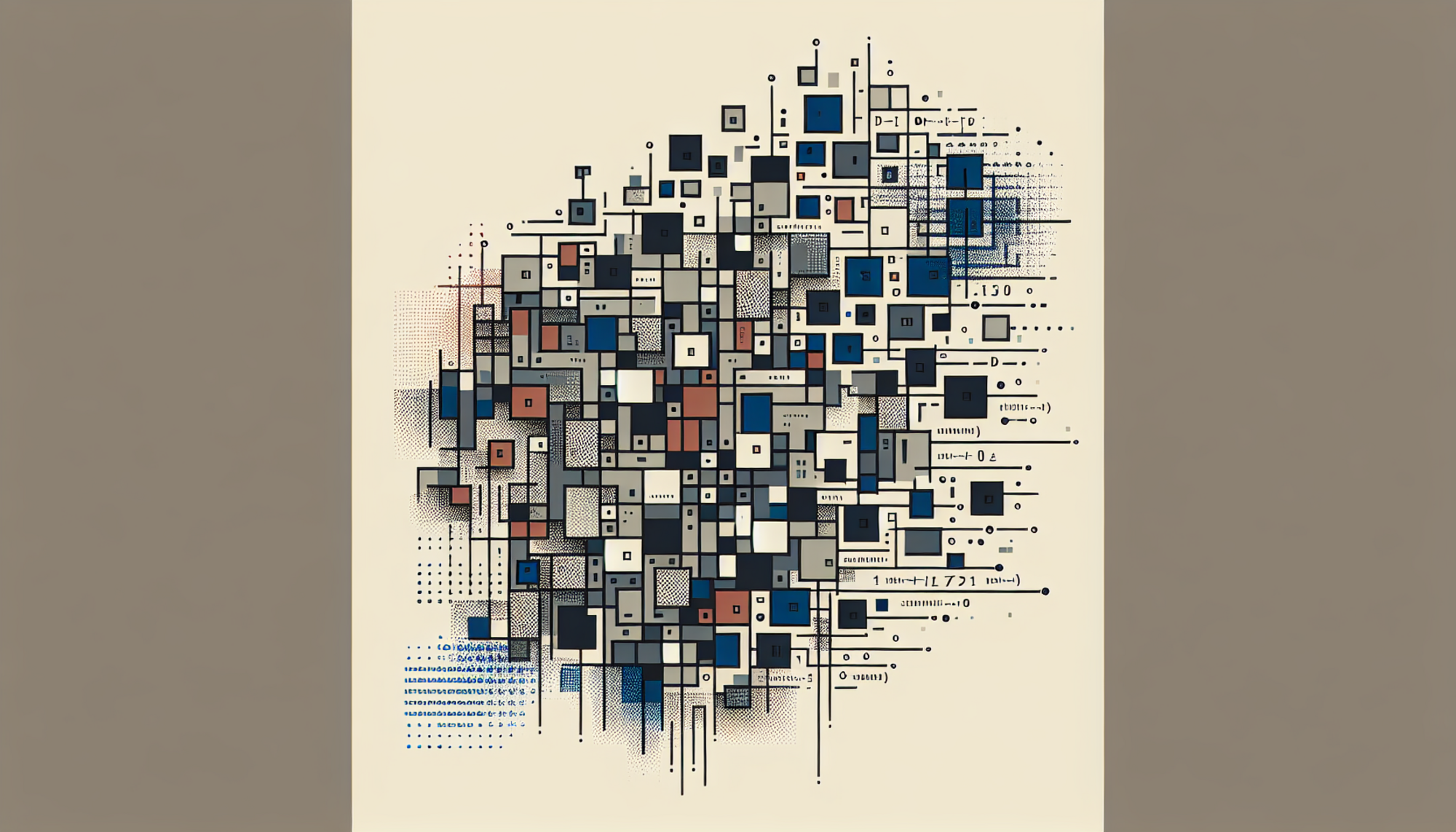15 Years of Go: Celebrating Evolution in Software Engineering

Celebrating 15 Years of Go: A Language That Grew Up
In the realm of software engineering, few milestones resonate as profoundly as the 15th anniversary of the Go programming language. Originating from Google, Go has not just survived but thrived, tripling its user base in the past five years alone. Its commitment to stability and safety has placed it firmly in the top 10 programming languages—especially in the cloud domain, which has become more crucial than ever. What is it about Go that continues to appeal to developers around the world?
From Background Changes to Frontline Innovations
The recent updates in Go, as reflected in the blog post by HackerNoon, showcase the language’s relentless evolution. With the latest versions—Go 1.22 and 1.23—introducing scoped variables in loops, for example, there’s a tangible sense here that the team is listening to the community. Adaptation, after all, is paramount in software development. The introduction of iterators and user-defined for-range loops comes as a boon for developers, aiding in implementing complex functionalities without convoluted code structures.
Moreover, the proactive measures taken through telemetry and analysis tools signal Go's dedication to community feedback and engagement. By integrating user input into the development process, Go enriches the collaborative spirit essential for any open-source tool.
The Rise of AI in Software Development
The discussions swirling around AI's integration into programming have sparked debates on the future working landscape for developers. In the Software Engineering Daily podcast featuring Vish Abrams from Heroku, the concept of "vibe coding" emerged—an intriguing term that captures the shift of programmers from merely writing code to orchestrating interactions with AI. This paradigm not only enhances efficiency but also allows for a more creative approach to coding.
As AI-generated code becomes more prevalent—estimated to constitute up to 40% of written code in the near future—programmers are finding themselves needing to adapt their roles significantly. While traditional coding skills remain important, guiding sophisticated AI systems may soon become the bulk of a developer's responsibilities, allowing them to focus on higher-level creative problem-solving rather than repetitive syntax.
Standardization: The Path to Engineering Excellence
The push for standardization in programming practices, highlighted in a recent Stack Overflow blog discusses necessitated shifts to improve efficiency. The need for simplification in highly regulated environments, like finance, emphasizes that clarity is as necessary as complexity in coding. By reducing cognitive overload and improving workflows, engineering teams can ensure that the technologies they implement align closely with end-user expectations and regulatory compliance.
The focus on engineering excellence is a critical aspect for enduring success in the tech world. Organizations that prioritize clear, coherent processes often find themselves at a competitive advantage in both speed and quality.
However, these advancements come with a caveat: the need for developers to continuously learn and adapt as these systems evolve. Keeping up with new standards and tools is both an opportunity and a challenge for today's engineers.
Competing in a Crowded Market
Like any thriving ecosystem, the programming language landscape has its fair share of competition, as recently evidenced by Microsoft’s decision to restrict its Visual Studio Code extensions from open-source forks like Codium. This not-so-subtle move raises questions about fair competition and the lengths companies will go to maintain their market share, hinting at larger issues of accessibility in software development tools.
Furthermore, a recent HackerNoon analysis of the 2024 Startups of the Year illuminates how companies continue to innovate in the midst of competition. With hundreds of nominees, the standout programmers are demonstrating that the programming community values accessibility and user-driven tools—showing us that often, radical innovation comes from unexpected places.
Conclusion: A Bright Future Ahead
The landscape of software engineering is dynamic, filled with both challenges and opportunities for growth. As we celebrate achievements such as Go’s 15th anniversary, we also acknowledge the shifting paradigms in coding due to AI. With concerted efforts towards standardization and continued innovation, the engineering field can emerge stronger.
The journey forward may be littered with obstacles, but it is the collective commitment to collaboration, accessibility, and quality that will define the future of software engineering.
References
- Happy 15th Birthday Go! | HackerNoon
- Vibe Coding at Heroku with Vish Abrams - Software Engineering Daily
- Standardization and simplification as key to engineering excellence - Stack Overflow
- Startups of The Year 2024 Winners: Programming | HackerNoon
- Human in the Loop Software Development Agents - Work Life by Atlassian
- Enhance real-time applications with AWS AppSync Events data source integrations | AWS News Blog
